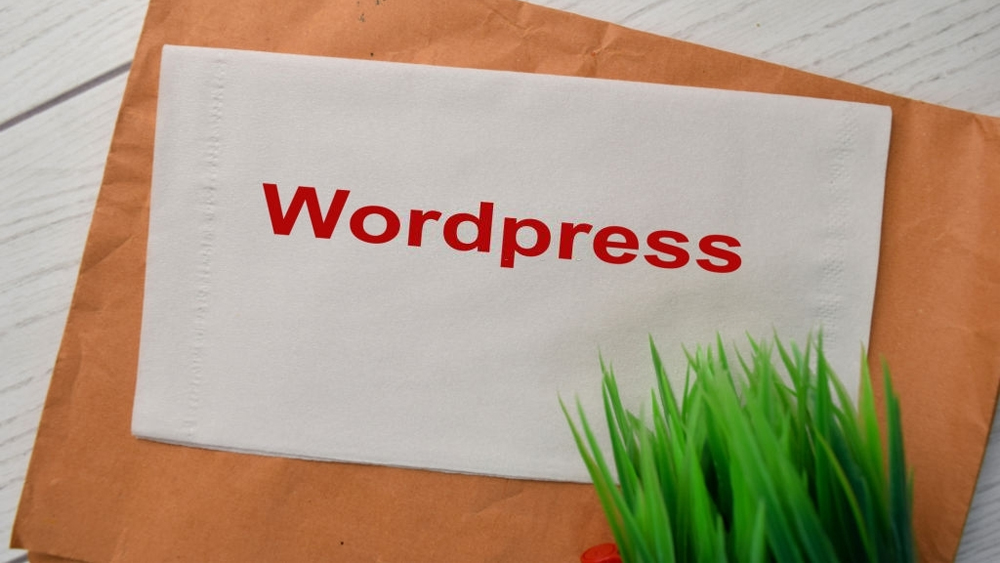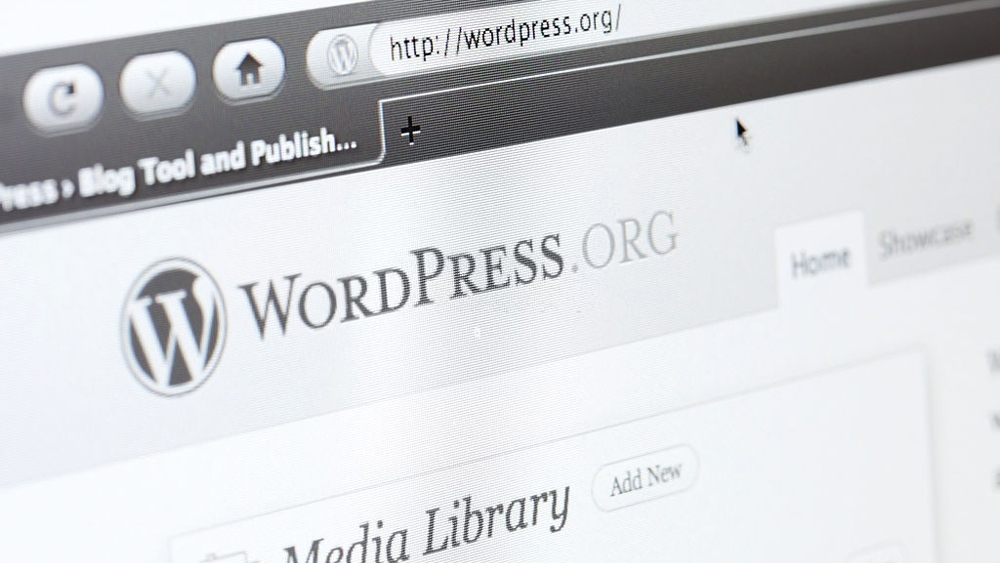Why do Web designers use WordPress?

What are the types of digital advertising?
September 4, 2021
What are some digital marketing services?
September 17, 2021WordPress is a popular content management system that has gained a lot of fans among web designers. WordPress was originally a system used for blogging; however, it became a content management system later, and now a large number of sites use WordPress. WordPress is written in PHP programming language, and due to the various plugins’ availability, it has been able to meet many customer needs.
What are the advantages of WordPress?
There are several ways to set up a website. You can ask a developer to code your site from scratch. However, it is very costly, and you are ordering a dedicated CMS, which is very expensive. Also, after a while, if you want to make changes, it will cost you again. Another method to design a website is to use CMS or ready-made content management systems, which can significantly reduce your costs. In this solution, you download a CMS like WordPress and install it on your host. So instead of ordering a dedicated CMS at a high price, you will have an almost free but much more advanced CMS with the following advantages.

WordPress is an open-source platform
WordPress is open source which means that web developers can add the code they want and make it available to others. Therefore, people will not need basic coding knowledge to design a WordPress site. However, this issue can, to some extent, endanger the security of the site and its performance, and the use of defective code written by others can cause the website not to respond appropriately.
Simplicity in design and ease of website management
Anyone with minimal technical knowledge in programming can install WordPress and implement the desired template. WordPress also has an intuitive interface to add new pages, manage posts, and upload images much more effortlessly. Creating a WordPress site requires only a browser connected to the Internet, and the designer can quickly start designing.

WordPress with Variety in plugins
One of the essential advantages of WordPress is the variety of its plugins. Anyone can use these plugins according to their needs. Most plugins are provided for free and non-free plugins are also offered to designers at a reasonable price.
Simple and fast scalability
With WordPress, any designer can quickly develop their site and install various plugins to increase their site’s performance in a short time. Because WordPress was initially created for blogging, it has high blogging capabilities. We can mention the launch of RSS, email sharing in the blog and the ability to submit comments by visitors as some of the blogging capabilities available in WordPress.
Flexibility in design by WordPress
WordPress is a very flexible platform that can be customized accordingly. By installing plugins, changing the site’s appearance, and designing a responsive site, you can create a complete and different site from other WordPress sites. WordPress sites are also very scalable, so the designer can create thousands of new pages without worrying about site performance. This has made web design much more manageable in WordPress.

WordPress with Easier SEO
WordPress code is immaculate and simple. Search engines can easily read and index site content, especially with each content page having its different keywords, meta tags, titles, and descriptions optimized for a particular keyword. This excellent compatibility helps the page optimize for search engines. Most professionals in SEO and Digital Marketing recommend WordPress for its search engine-friendly codes.




